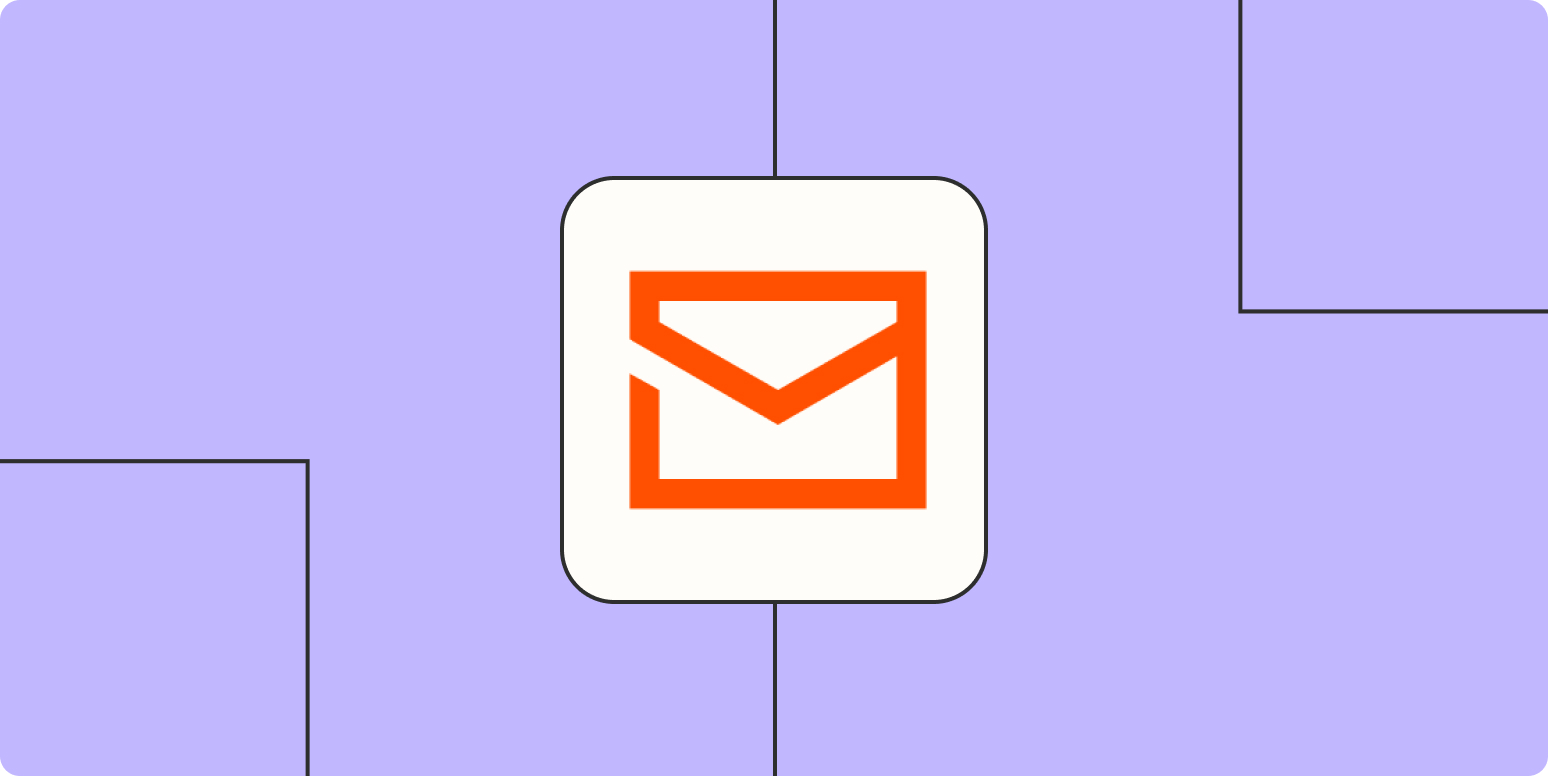
After nearly twenty-five years of publishing Martech Zone, I’ve never seen the ground shift beneath us as violently as it has these last few years. Every era of digital publishing has come with its own reckoning, but nothing compares to the combined pressure of AI-generated answers, zero-click search results, collapsing referral traffic, and a content ecosystem that increasingly treats human expertise as raw material rather than intellectual property (IP). It’s not hyperbole to say the future of independent publishing looks bleak if we continue operating as we always have.
I’ll admit: I have mixed feelings. On the one hand, the rise of AI is astonishing. The speed, scale, and quality of what these systems can summarize or produce would have been inconceivable a decade ago. But on the other hand, it came at a cost that publishers like me feel every day. AI platforms absorbed decades of our work, repurposed it in ways that toe the line of fair use without ever crossing it, and will now monetize it at a scale individual publishers could never match. Traffic drops. Search engine behavior changes. Readers rarely click through. The value equation has been rewritten without our consent.
Yet when I zoom out, I see an even more unsettling paradox. AI is cannibalizing the very ecosystem it depends on. As more creators, industry experts, and publishers reduce what they share publicly—or stop sharing altogether—the knowledge base that trains AI models becomes thinner, older, and less diverse. If professionals lose all incentive to publish, what will future models be trained on besides the output of previous models? What happens when AI is mostly regurgitating itself? What happens when the internet becomes a closed loop of recycled phrasing and derivative ideas?
That’s not just a hypothetical; the early signs are already here. And it’s one of the biggest reasons I believe traditional publishing—articles, blogs, SEO-driven content—is not just under threat, but fundamentally unsustainable for most creators as we advance.
I’m fortunate. Martech Zone breaks even, and my actual income isn’t tied to pageviews or ad impressions. But many publishers are not so lucky. I’ve watched respected outlets add more intrusive ads, throw up paywalls, slash staff, outsource editorial to machines, or block crawlers in hopes of walling off their work. But each of these choices chips away at the user experience (UX) and erodes the very value proposition that made people read them in the first place. It’s not a strategy. It’s a slow-motion collapse.
So the obvious question becomes: what now? If publishing as we know it can’t survive the current trajectory, what does survival even look like?
I’ve been thinking deeply about this—not just as a publisher, but as someone who’s spent most of my life helping businesses adapt to disruption. And here’s where I’ve landed.
Publishers Must Stop Treating Articles as the Product
For decades, the industry was built around a simple model: produce more content, attract more traffic, monetize that traffic. Today, that equation is broken. More of the same doesn’t create better outcomes. Algorithms bury it. AI rewrites it. Audiences skim it. Advertisers undervalue it.
If the core product is just more articles, most publishers won’t survive. We need to build something deeper, more defensible, and more valuable than free text on a screen.
Here’s what I believe the next decade of publishing will look like—and where I’m personally focusing my efforts.
1. Turning Expertise into Curricula, Certifications, and Learning Paths
Publishing used to be about distributing knowledge. As we advance, it needs to be about formalizing and elevating it.
Over the years, I’ve realized that the real value of Martech Zone isn’t the thousands of articles—it’s the expertise behind them. The patterns. The frameworks. The way information connects to outcomes. And that is precisely the kind of value AI can’t easily replicate.
Publishers with deep knowledge in a category should be packaging that expertise into structured learning:
- Multi-week courses
- Skill-based badges
- Role-based learning paths
- Certification programs
- Assessments and practice exercises
This is not about creating a few video lessons. It’s about building complete curricula—coherent, sequenced, transformative. That’s real value. That’s something learners and companies will pay for. And that’s something AI can support but not immediately replace.
This shift requires more forethought, effort, and creativity than writing the next blog post. But the payoff is exponentially greater. It moves publishers from being content producers to being educators. From chasing pageviews to building career assets. From fighting over commodity search traffic to creating premium, defensible intellectual property.
2. Copiloting With AI — And Introducing Human Experts When It Counts
The second frontier is what I’d call hybrid intelligence.
AI copilots are already transforming how readers interact with content. But the opportunity for publishers is not to replace their expertise with automation—it’s to embed that expertise into the AI itself. I recently saw my friend and mentor Mark Schaefer launch his own… Markbot.
I think it goes further, though. Imagine:
- A custom-trained model on your entire archive
- Matching your voice, philosophy, experience, and industry insight
- Answering thousands of reader questions instantly
- Routing complex or ambiguous questions to the real experts
- Generating leads for consulting, coaching, or training
This isn’t replacing the publisher. It’s amplifying the publisher.
Large AI platforms can summarize the internet. But they can’t replicate the voice, instincts, or lived experience of a practitioner who’s been in the industry for decades. They can’t discern nuance that hasn’t been widely published. They can’t project future trends based on frontline insight. And they certainly can’t match editorial judgment.
The publishers who train niche LLMs—rooted in their proprietary knowledge and worldview—will create something no general-purpose AI can compete with. Not a chatbot, but a consultative assistant. A 24/7 expert proxy.
Some readers will be happy with automated answers. Others will want a human. This hybrid model lets publishers serve both efficiently.
3. Producing Paid Events That Offer What AI Never Will
The more I look at the world, the more convinced I am that live experiences will become the most valuable product publishers can offer.
AI can automate writing and summarize content. It can answer questions quickly and even mimic styles convincingly. But what it cannot replicate is the energy of a room, the serendipity of a great conversation, or the connection formed when people are shoulder-to-shoulder exploring ideas.
Events—whether virtual, hybrid, or in-person—are uniquely human. They are scarce. They are social. They create memories and relationships. And importantly, they create revenue.
Publishers already have audiences. They already have expertise. What they often lack is the courage to step into the world of experiential products.
Workshops, retreats, summits, intensives, cohort-based programs—these are the offerings that generate real economic value and deepen community trust. They’re also immune to algorithm changes and AI replication.
A shrinking audience can still be a highly profitable one if you lead them to something worth paying for.
What Won’t Work Anymore
The defensive tactics dominating the industry today—more ads, more subscriptions, more paywalls, more blocking—are not strategies. They’re symptoms of decline.
Choking the user experience to squeeze out declining revenue only accelerates audience loss. Hiding content from AI will not preserve your relevance. Producing more of the same content will not reverse the trend. And relying on search traffic as your lifeline is a losing battle.
AI will not slow down. Search will not go back to 2012. Readers will not tolerate an ad-riddled experience. The incentives that shaped the last era are gone.
We are entering a new one. And it demands that publishers evolve from content factories to experience creators.
The Path Forward
Publishers must ask themselves a difficult question: What unique value do we offer that can’t be replicated by AI, summarized by a search engine, or scraped and rephrased by a model?
The answer will differ for each of us. But it will never be more articles and ads.
It will be:
- Expertise, not information
- Learning, not content
- Human connection, not optimization
- Transformation, not traffic
I don’t pretend that any of this is easy. Reinventing a business model never is. But I’m convinced that publishers who embrace this shift will not just survive—they’ll lead. Those who cling to the old model will continue their slow slide into irrelevance, no matter how many ads they add or how loudly they protest AI.
I’m not pessimistic about the future of publishing. I’m cynical about publishers who refuse to change. For those willing to rethink what they sell, who they serve, and how they create value, I believe this is the most exciting moment in decades.
And if I’ve learned anything after nearly a quarter-century running Martech Zone, it’s that disruption always creates opportunity—just never where we expect it.






